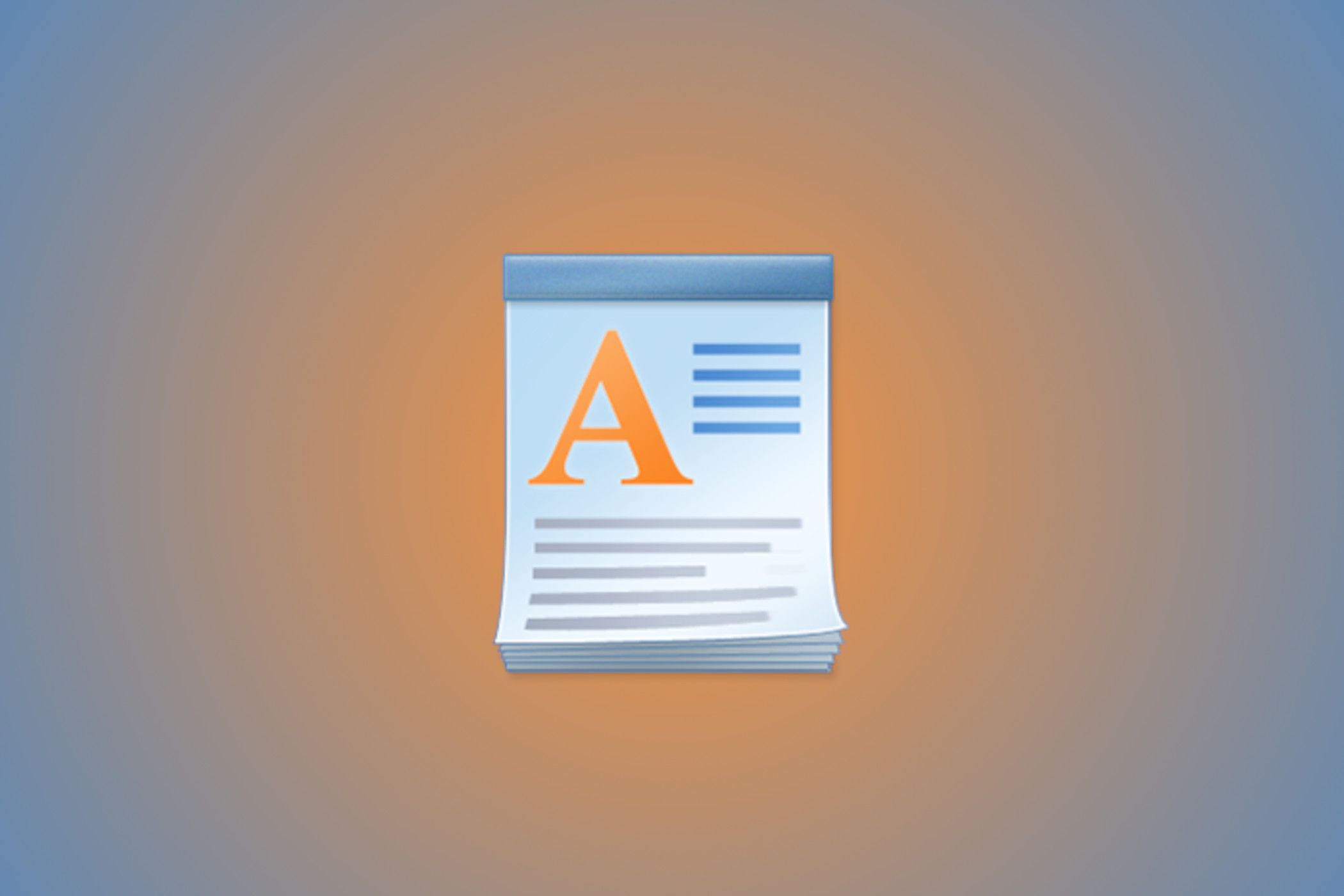Microsoft WordPad is the basic word processor that ships with every version of Windows, intended for editing that text documents with formatting that Notepad can’t handle. However, after years of neglect — even as Notepad has received update after update — Microsoft is officially done working on WordPad and will remove it in a future Windows update.
Microsoft has announced that as of September 1st, 2023, WordPad is officially a deprecated app. From now onwards, the company is not planning to release any new updates for the software, and it will be removed in a future version of Windows. It’s not clear when this will be, but don’t be surprised if it gets removed with the next major update to Windows, or the one after that. As of the time of writing, it has not yet been removed from Windows, so you can go ahead and fire it up to pay your respects.
WordPad is no longer being updated and will be removed in a future release of Windows. We recommend Microsoft Word for rich text documents like .doc and .rtf and Windows Notepad for plain text documents like .txt.
Microsoft WordPad exists in a weird state. It was first added to Windows in 1995, and was last updated around the time Windows 8 was released. Since then, however, it hasn’t really changed, except that one time Microsoft tried sneaking an ad in there. It’s a word processor that is more capable and advanced than the standard Notepad, but simpler in terms of features than Microsoft Word, and it actually resembles a simplified version of Word. You can choose font, change font sizes, change text alignment, but you can’t do other things such as change paragraph settings and page margins. If you wanted to write a quick and dirty document, this could probably do the job — you could even save files as Microsoft Word documents (.docx). Google Docs and Office Online are also both free, but require your files to be uploaded to cloud storage first.
Microsoft is pointing people to use Notepad for plain text files and Microsoft Word for rich text documents. WordPad was probably kept as a “free” built-in alternative to Word for those who couldn’t pay for Microsoft 365 or buy a Microsoft Office license. Microsoft would obviously prefer you pay up for Microsoft Word, but third-party alternatives do exist. LibreOffice is probably the best free replacement, as it can edit Office documents and other files, and it even has an option for a Ribbon toolbar that mirrors WordPad.
Source: Microsoft





![9to5Rewards: MacBook Pro giveaway + Chargeasap Connect Pro 100W cable [Giveaway]](https://techtelegraph.co.uk/wp-content/uploads/2024/06/Jeffs-Studio-Setup-14-inch-MacBook-Pro-03-218x150.jpg)